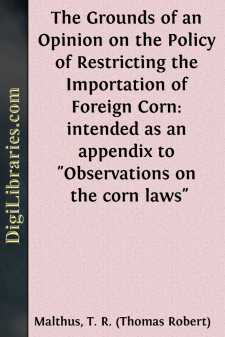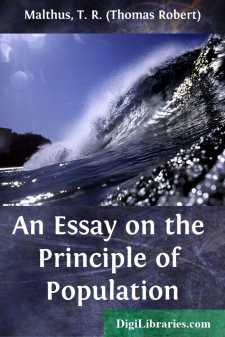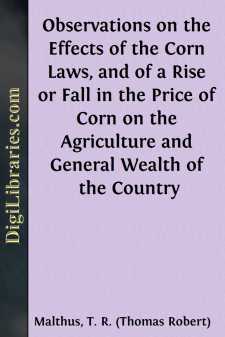Categories
- Antiques & Collectibles 13
- Architecture 36
- Art 48
- Bibles 22
- Biography & Autobiography 813
- Body, Mind & Spirit 142
- Business & Economics 28
- Children's Books 17
- Children's Fiction 14
- Computers 4
- Cooking 94
- Crafts & Hobbies 4
- Drama 346
- Education 46
- Family & Relationships 57
- Fiction 11829
- Games 19
- Gardening 17
- Health & Fitness 34
- History 1377
- House & Home 1
- Humor 147
- Juvenile Fiction 1873
- Juvenile Nonfiction 202
- Language Arts & Disciplines 88
- Law 16
- Literary Collections 686
- Literary Criticism 179
- Mathematics 13
- Medical 41
- Music 40
- Nature 179
- Non-Classifiable 1768
- Performing Arts 7
- Periodicals 1453
- Philosophy 64
- Photography 2
- Poetry 896
- Political Science 203
- Psychology 42
- Reference 154
- Religion 513
- Science 126
- Self-Help 84
- Social Science 81
- Sports & Recreation 34
- Study Aids 3
- Technology & Engineering 59
- Transportation 23
- Travel 463
- True Crime 29
The Grounds of an Opinion on the Policy of Restricting the Importation of Foreign Corn: intended as an appendix to "Observations on the corn laws"
Categories:
Description:
Excerpt
The professed object of the Observations on the Corn Laws, which I published in the spring of 1814, was to state with the strictest impartiality the advantages and disadvantages which, in the actual circumstances of our present situation, were likely to attend the measures under consideration, respecting the trade in corn.
A fair review of both sides of the question, without any attempt to conceal the peculiar evils, whether temporary or permanent, which might belong to each, appeared to me of use, not only to assist in forming an enlightened decision on the subject, but particularly to prepare the public for the specific consequences which were to be expected from that decision, on whatever side it might be made. Such a preparation, from some quarter or other, seemed to be necessary, to prevent those just discontents which would naturally have arisen, if the measure adopted had been attended with results very different from those which had been promised by its advocates, or contemplated by the legislature.
With this object in view, it was neither necessary, nor desirable, that I should myself express a decided opinion on the subject. It would hardly, indeed, have been consistent with that character of impartiality, which I wished to give to my statements, and in which I have reason to believe I in some degree succeeded.(1*)
These previous statements, however, having been given, and having, I hope, shewn that the decision, whenever it is made, must be a compromise of contending advantages and disadvantages, I have no objection now to state (without the least reserve), and I can truly say, wit the most complete freedom from all interested motives, the grounds of a deliberate, yet decided, opinion in favour of some restrictions on the importation of foreign corn.
This opinion has been formed, as I wished the readers of the Observations to form their opinions, by looking fairly at the difficulties on both sides of the question; and without vainly expecting to attain unmixed results, determining on which side there is the greatest balance of good with the least alloy of evil. The grounds on which the opinion so formed rests, are partly those which were stated in the Observations, and partly, and indeed mainly, some facts which have occurred during the last year, and which have given, as I think, a decisive weight to the side of restrictions.
These additional facts are—
1st, The evidence, which has been laid before Parliament, relating to the effects of the present prices of corn, together with the experience of the present year.
2dly, The improved state of our exchanges, and the fall in the price of bullion. And
3dly, and mainly, the actual laws respecting the exportation of corn lately passed in France.
In the Observations on the corn laws, I endeavoured to shew that, according to the general principles of supply and demand, a considerable fall in the price of corn could not take place, without throwing much poor lad out of cultivation, and effectually preventing, for a considerable time, all further improvements in agriculture, which have for their object an increase of produce.
The general principles, on which I calculated upon these consequences, have been fully confirmed by the evidence brought before the two houses of Parliament; and the effects of a considerable fall in the price of corn, and of the expected continuance of low prices, have shewn themselves in a very severe shock to the cultivation of the country and a great loss of agricultural capital....





